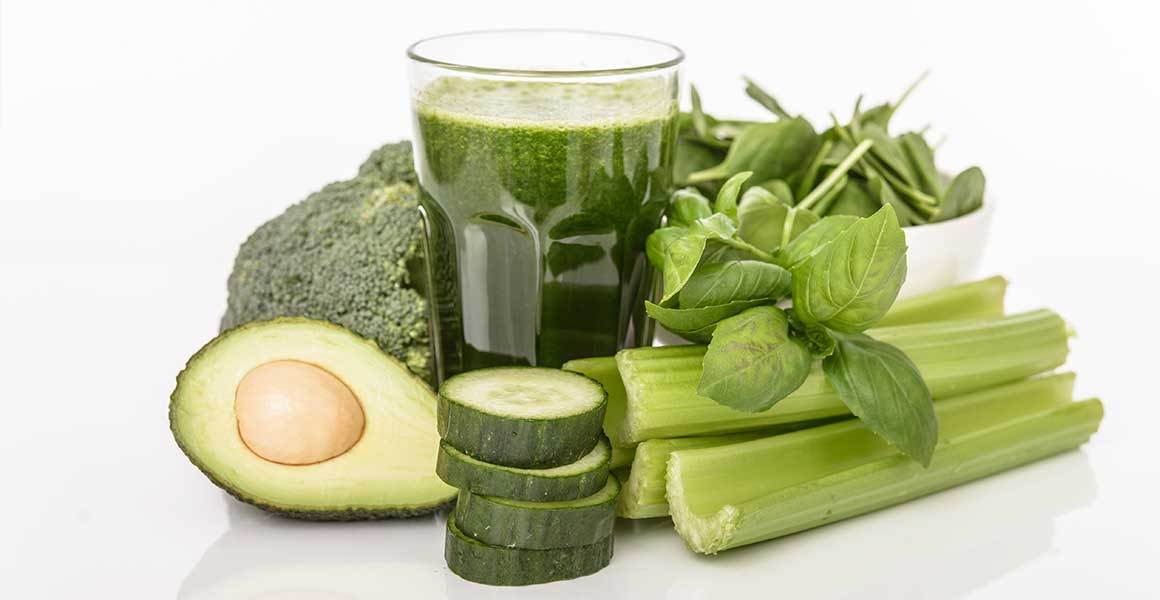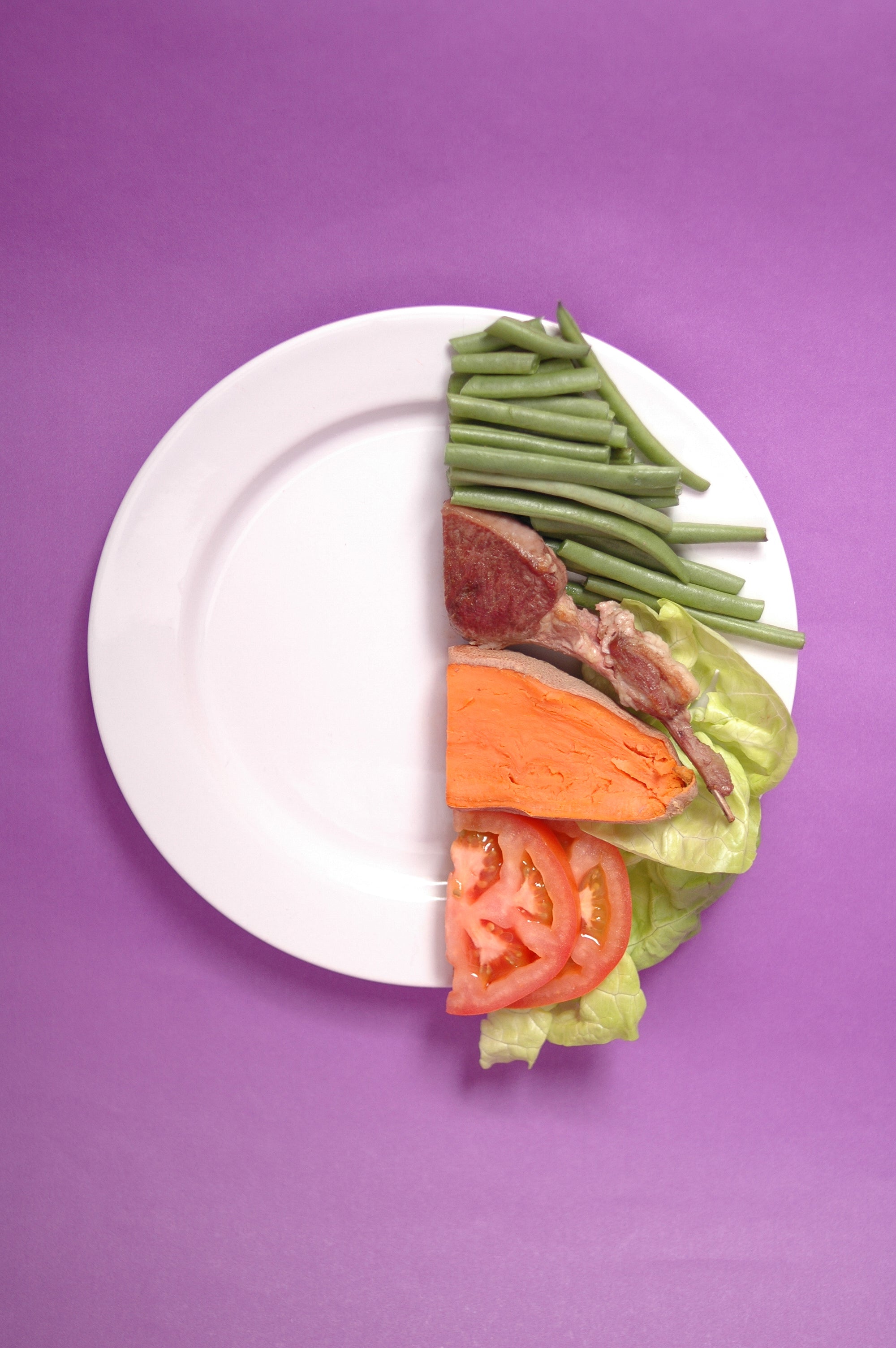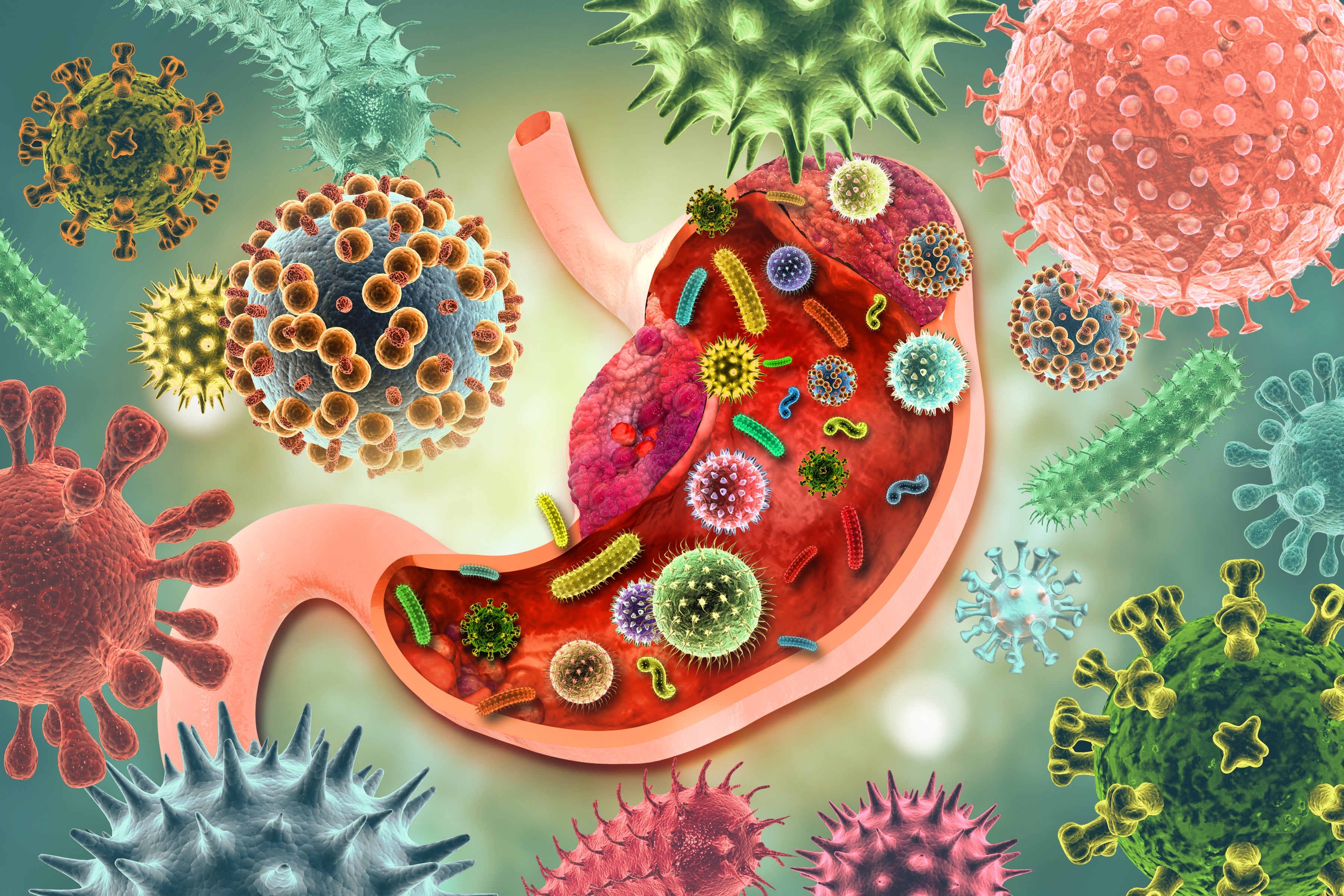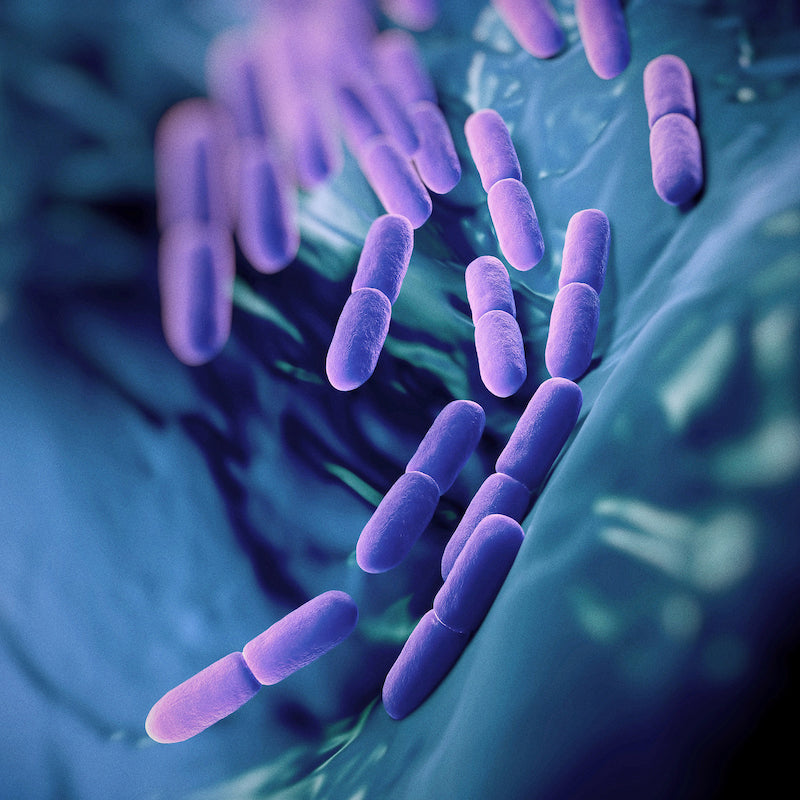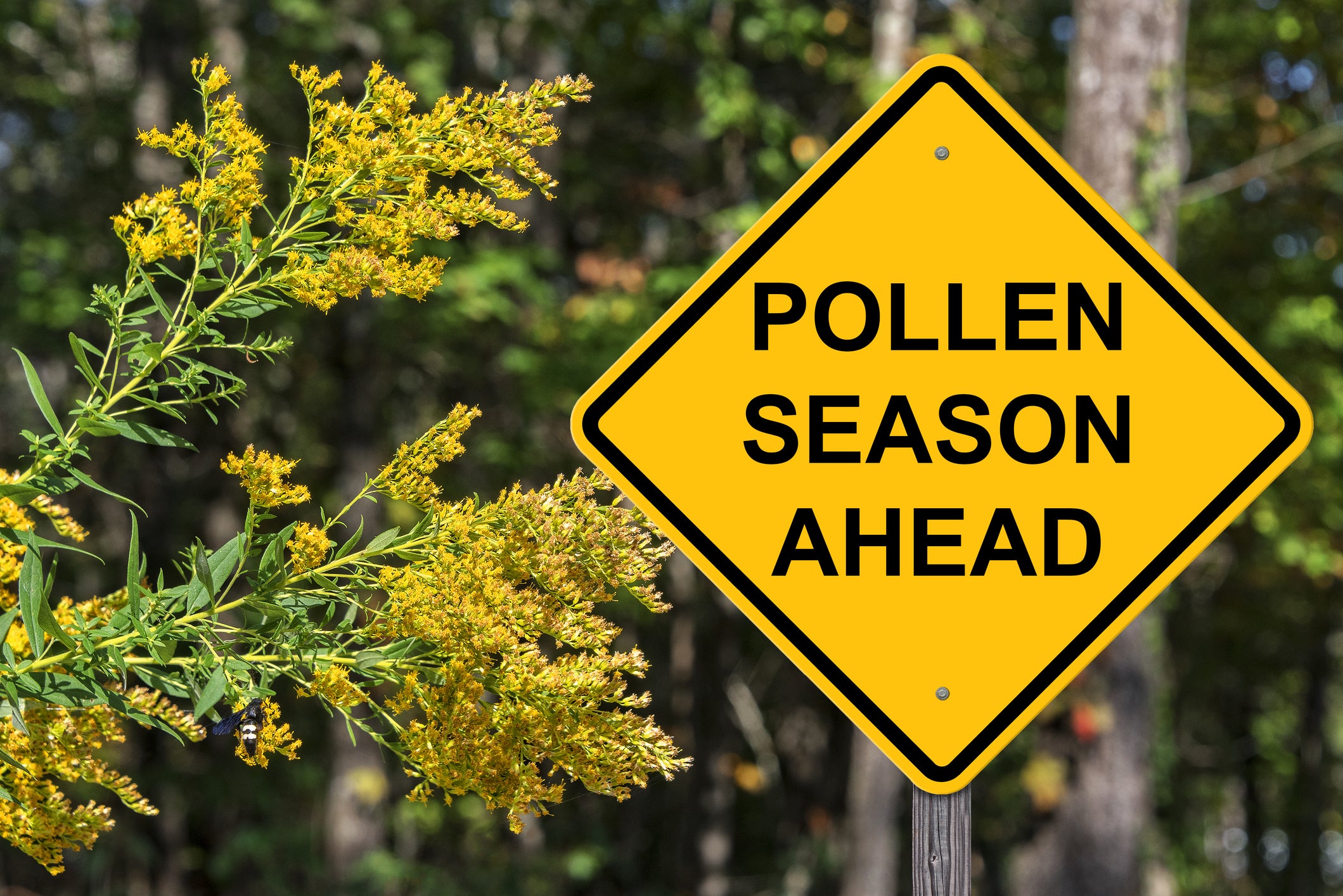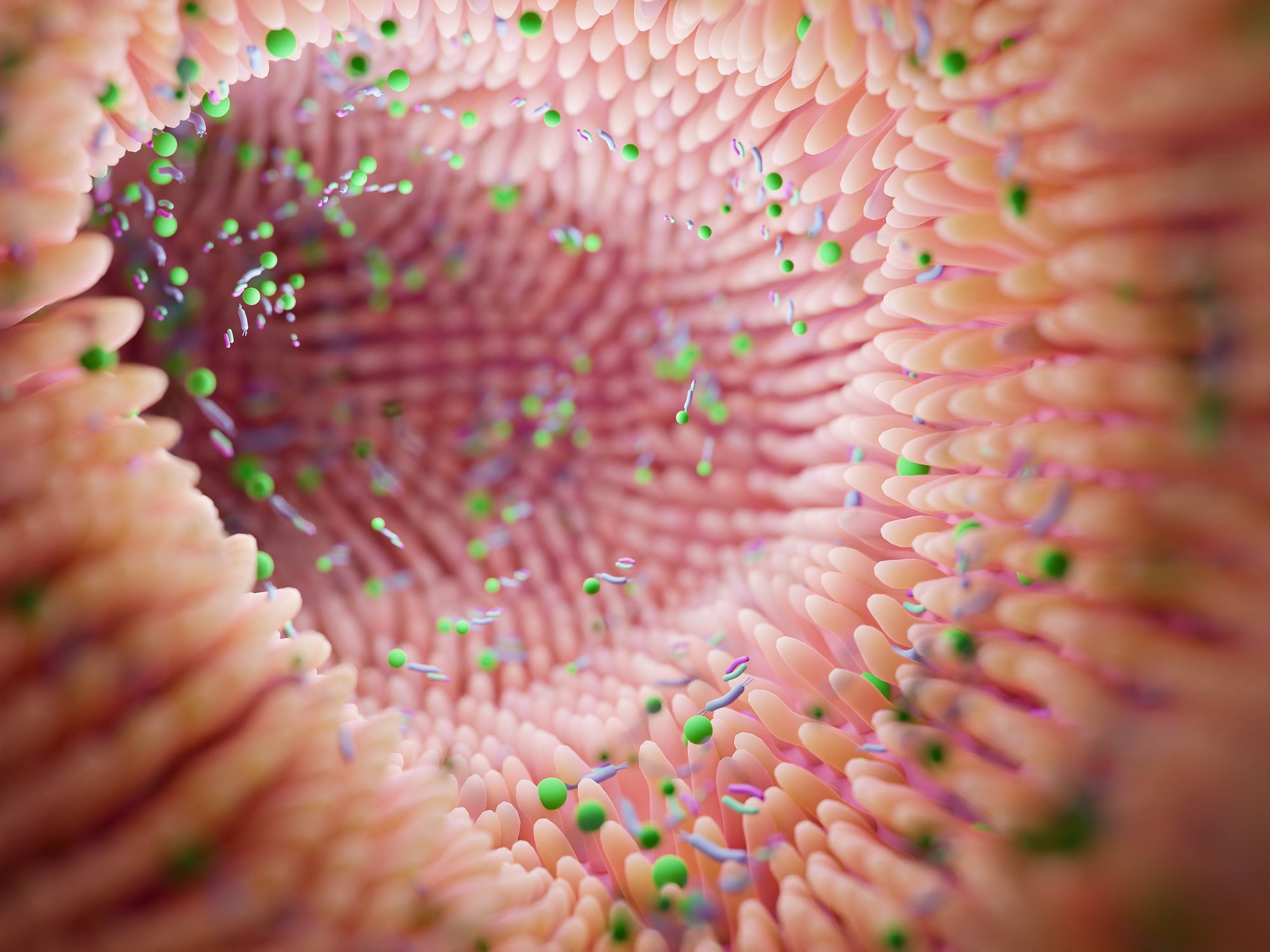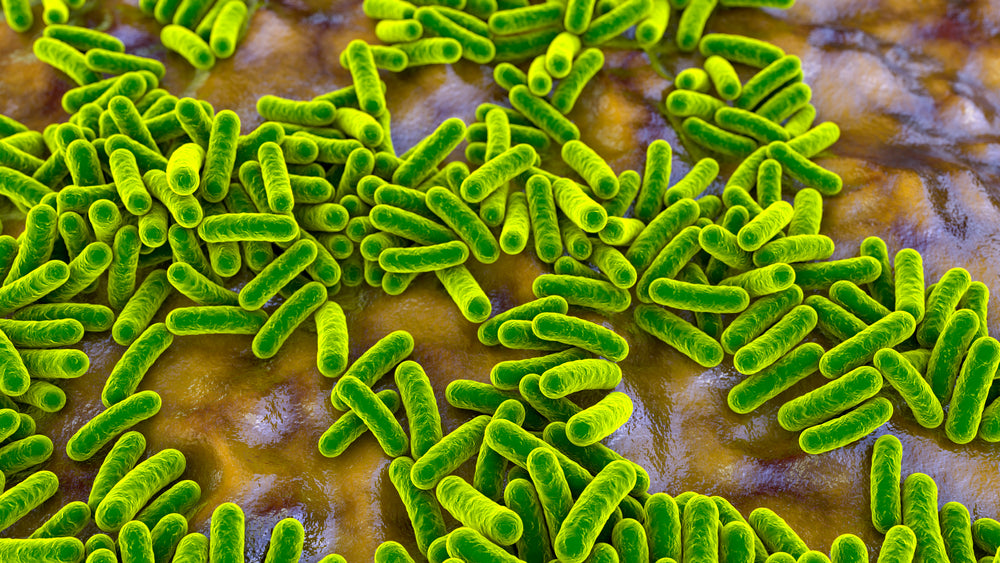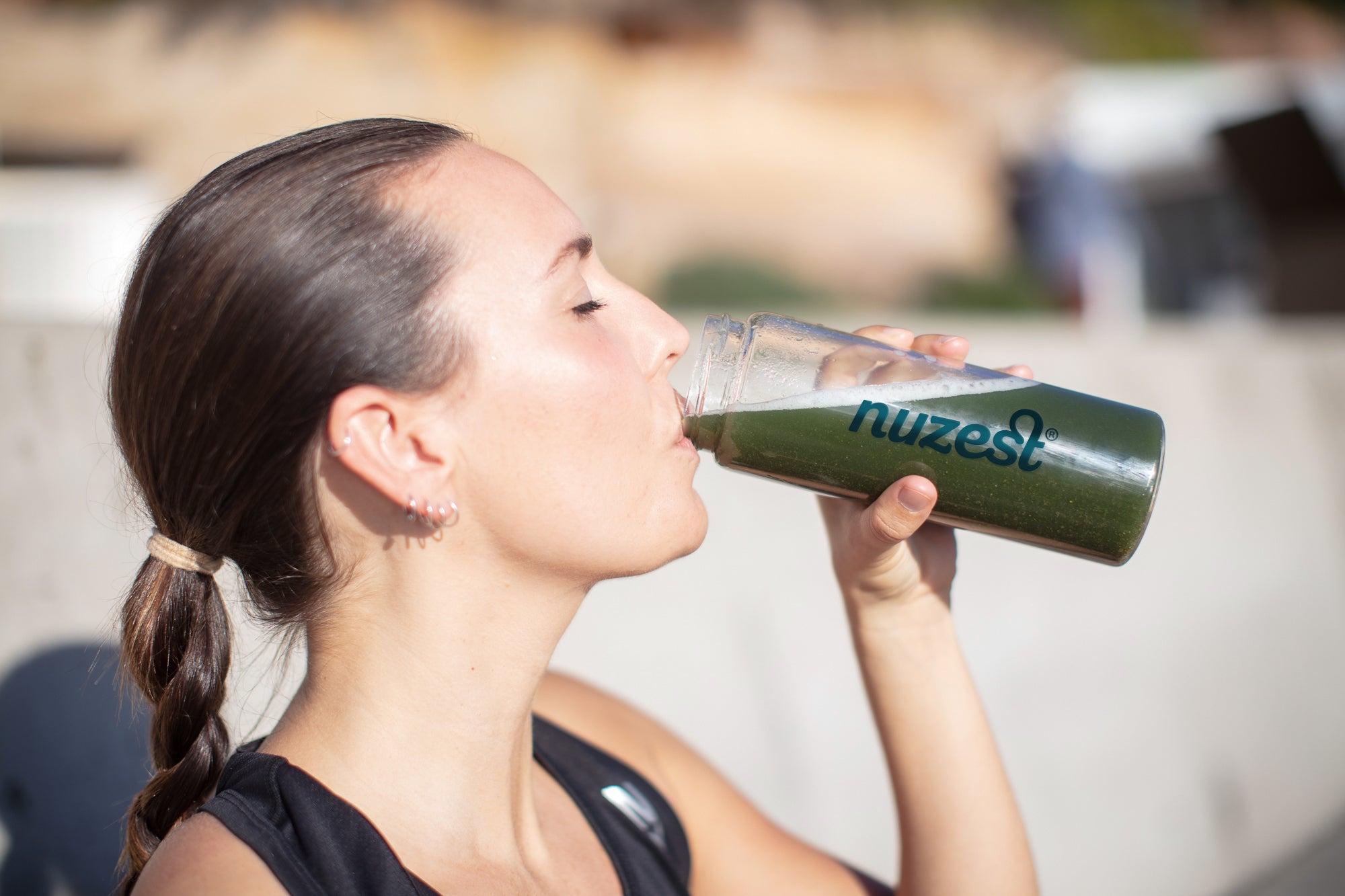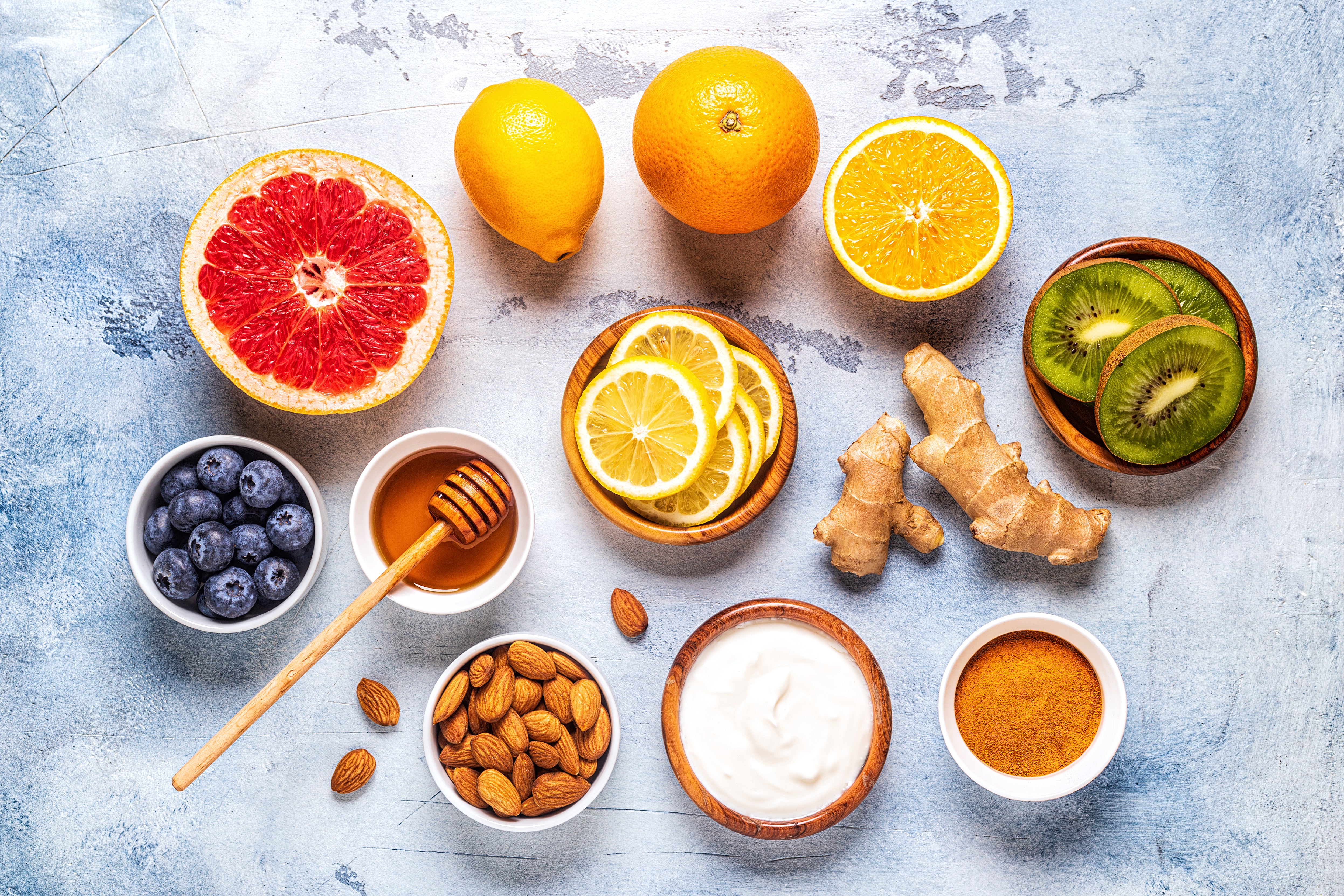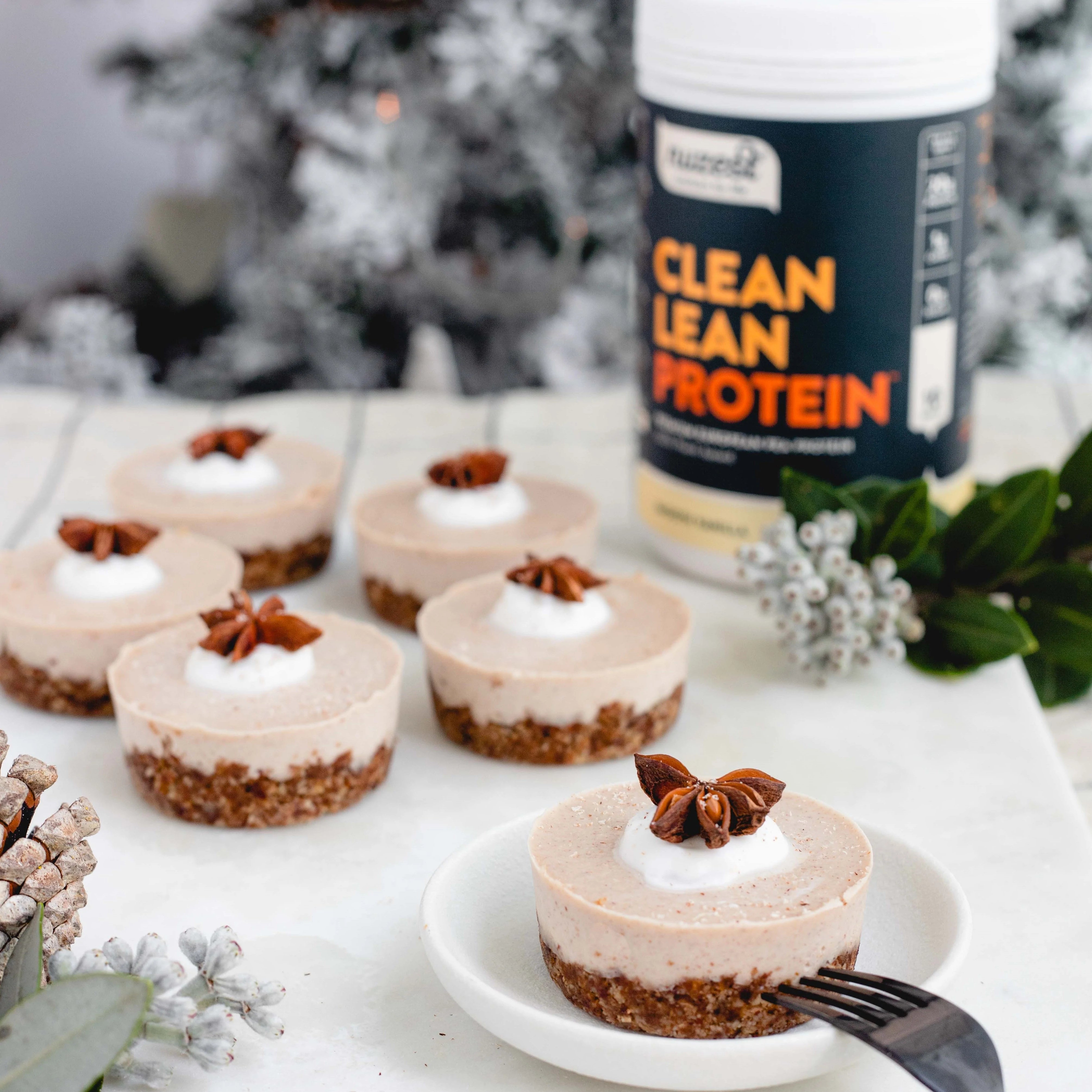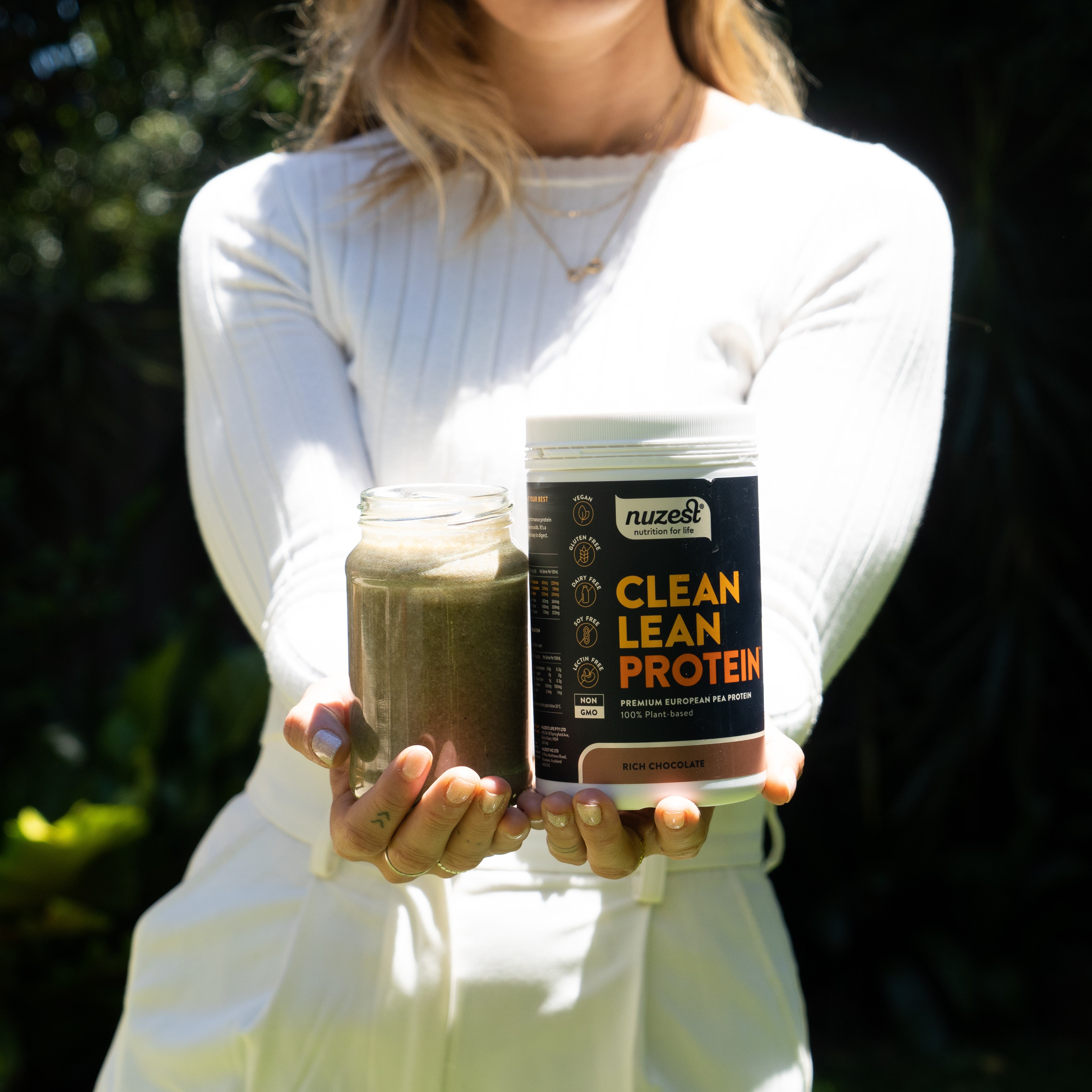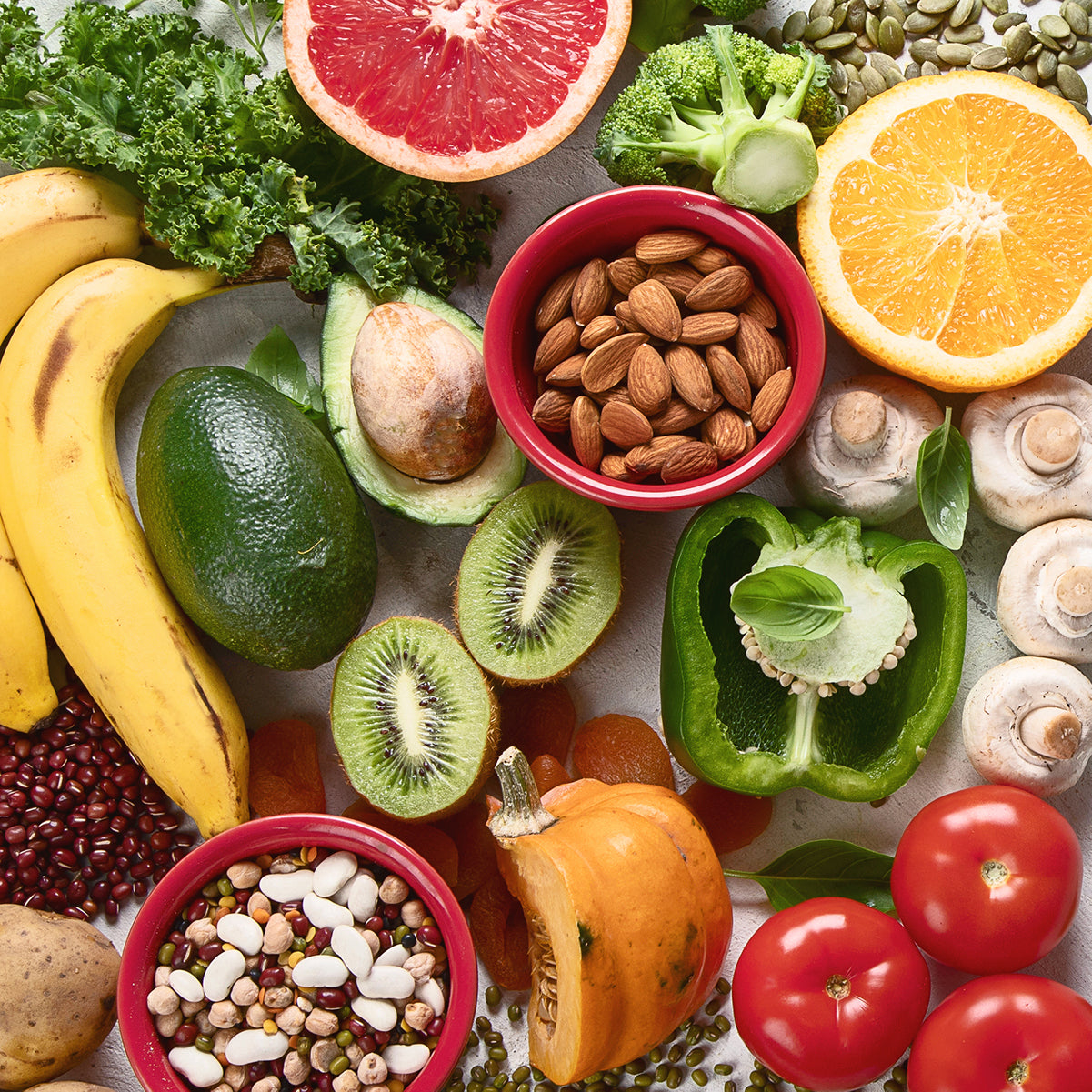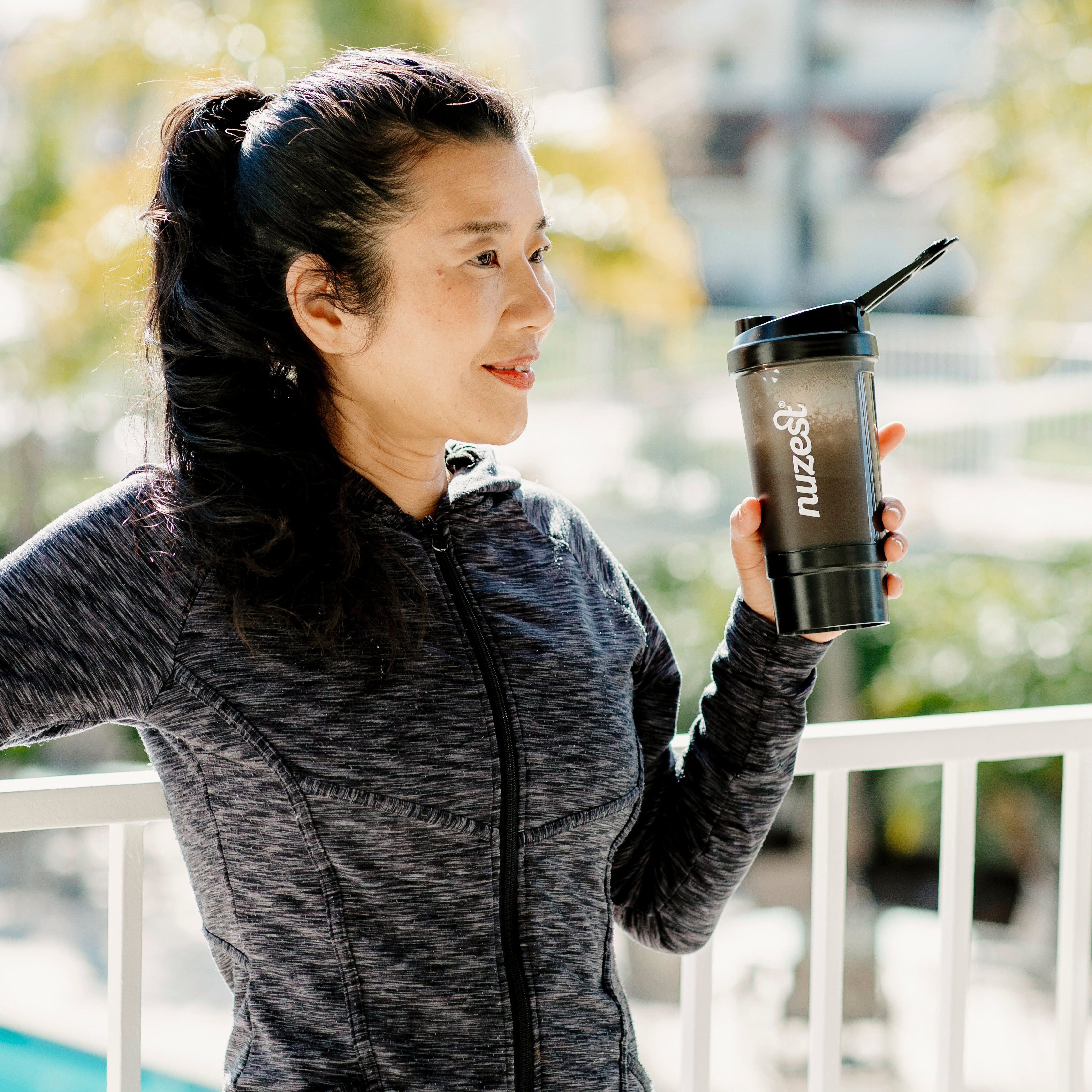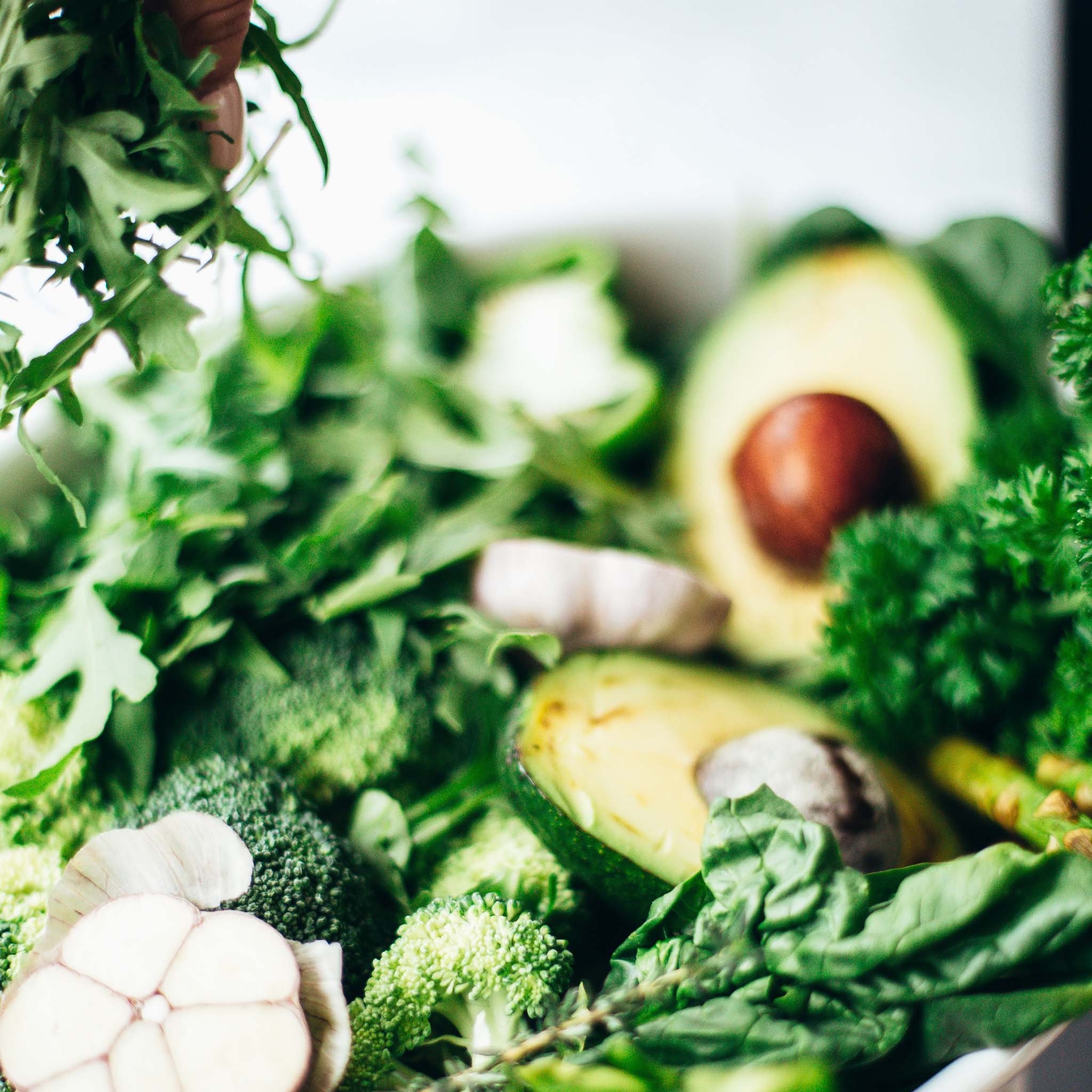Folate is the name of a group of B vitamins known as vitamin B9. It is probably best known for its use in women planning, or during pregnancy. Folate is found in many dietary forms, but folate supplements and food fortification is common and came about to prevent neural tube defects in unborn babies. Recently the use of folate supplementation has been questioned as the common form, folic acid, may not be converted into a useful form by some people. This causes a build up of the synthetic vitamin in the system may be harmful, possibly putting us at risk of other diseases.
Folate is essential for humans as it helps make red blood cells, reduces the levels of homocysteine in the blood (which is associated with heart disease risk) and supports the nervous system. Dark green leafy veges are the best-known dietary sources of folate, such as spinach, collard greens, broccoli, asparagus, as well as lentils and legumes. Natural folate, known as 5-MTHF undergoes a conversion in the small intestine that can then enter the folate metabolic cycle and do its job.
Folic acid on the other hand is a synthetic, oxidised form of folate found in most supplements and folate-fortified foods. It must be converted in the liver by an enzyme that 'methylates' the folic acid into a useable form. This 5-MTHF is necessary for the creation of every cell in our body. What is now known is that some people have a genetic mutation, known as MTHFR gene mutation, which effects even further the ability to methylate folic acid. As this occurs in the liver, our major detoxifying unit, it may increase their susceptibility to chemical and allergen sensitivity, as well as increase the risk of depression, anxiety, some cancers, cardio-vascular events and even insomnia, headaches and infertility. The MTHFR gene mutation can be tested with a blood test through your doctor.
Correcting this then is as simple as reaching the recommended daily intake of natural folate. Sometimes this can be hard to do with diet alone, even with the greatest of intentions, so this is where a supplement may be useful. It's essential to firstly check ALL of your supplements to make sure none of them contain 'folic acid' and look for 'folate,' 'methylfolate' or '5-MTHF'.
Nuzest has thought of all of this and uses 320 micrograms per serving of activated folate in its Good Green Stuff formula. Taking into consideration that the recommended daily intake for adults is 400 micrograms, this is most of your daily requirement, the rest is obtained from our food. Therefore, Good Green Stuff is like a folate insurance policy for those with a balanced diet or it can provide the major source of folate for those with an inadequate diet.
